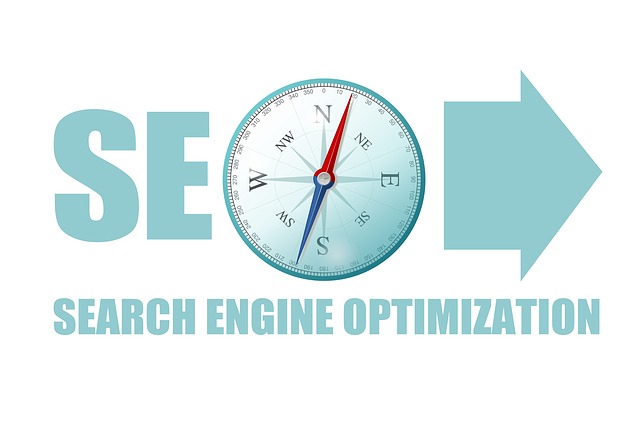The internet has changed our lives in every way imaginable. Most of all it has changed the way that businesses operate and compete. Almost every business is required to have an online presence if it wishes to compete in today’s global village. For small businesses with limited resources it may seem a big or even impossible task to compete with massive companies with years of content behind them and a recurring base of online visitors. Of all the tools available to the small business wanting to compete against the giants none is more effective than Search Engine Optimisation (SEO). This optimisation is not concerned with who´s being on the web the longest or who has allocated the most resources to the venture; but rather which website is the most relevant for the searcher.
The main goal of SEO is making your website easy for searchers and search engine robots to find. SEO helps search engine bots figure out what your page is about and how it may be helpful for the end user. In other words, it will place your company higher in the search results because it believes the searcher will prefer your offering more than your competitors. In a competitive industry it is therefore important to develop an effective Search Engine Optimisation strategy.
Strategies for SEO include specialising in a niche, long tail keyword strategy, leveraging locality for optimisation and personalising your social engagement. A perfect example is the online bingo and slots market which is extremely competitive. With all casinos wanting to occupy the top search results and only a limited number of them doing so; there is a huge desire to go up the search rankings. mFortune Bingo is one example of a company that is in the top search results for keywords like mobile bingo and therefore generates more revenue, which then in turn makes available more funds to further develop and strengthen their SEO strategies.
One example of how online slots and casino operators use SEO to bring in more customers is to know their keywords. By conducting a keyword search using Google analytics or other tools available online, online brands are able to see what users are searching for. If they can see that, for example, users are searching for ‘online slots’ rather than “online bingo games”; they can produce more content with this keyword to ensure their site has more relevance and caters to the specific term.
The internet is still very new and the opportunities are there for businesses to jump in soon to claim their own space in the global village. As consumers increasingly prefer to do most things online, so too will online businesses have to step up their Search Engine Optimisation strategies or risk falling behind.



